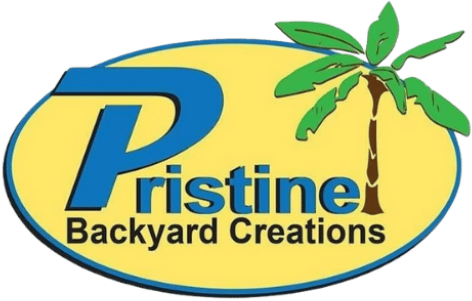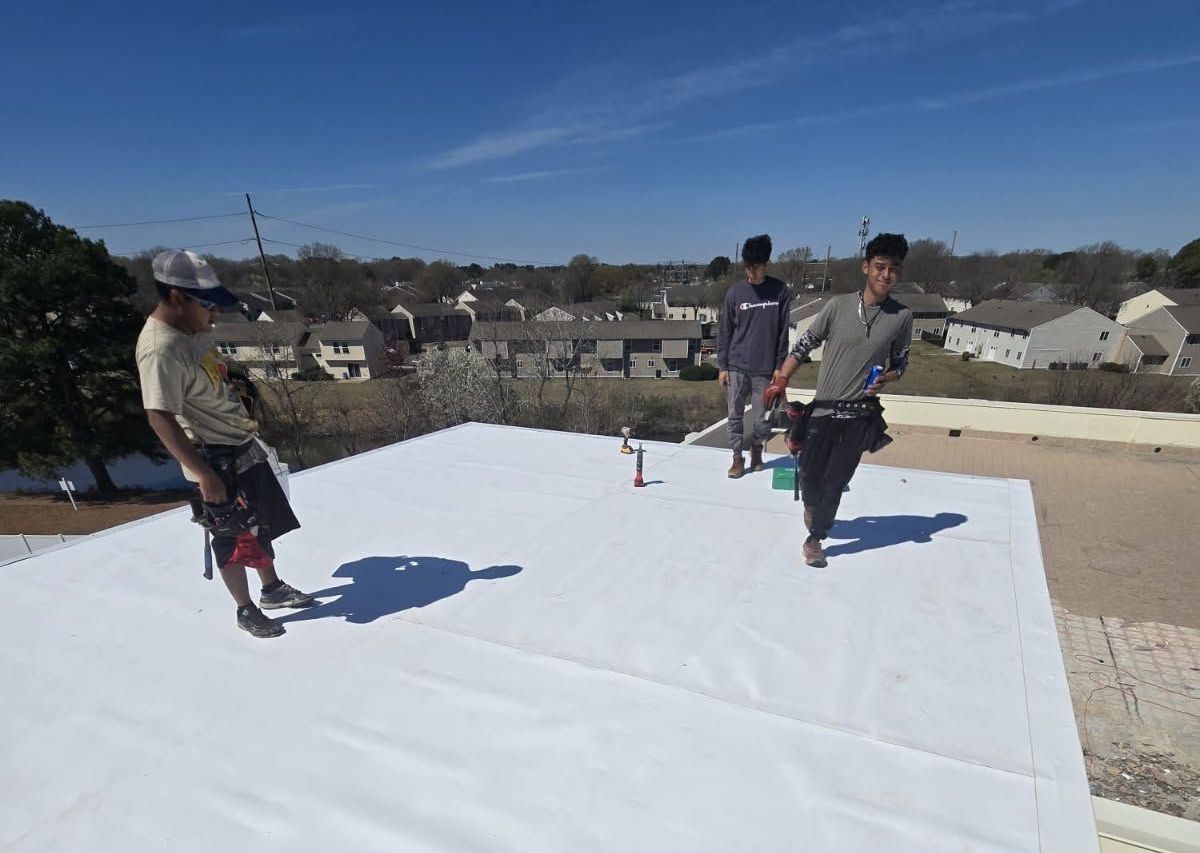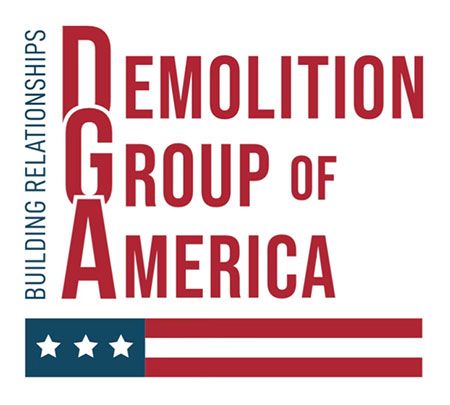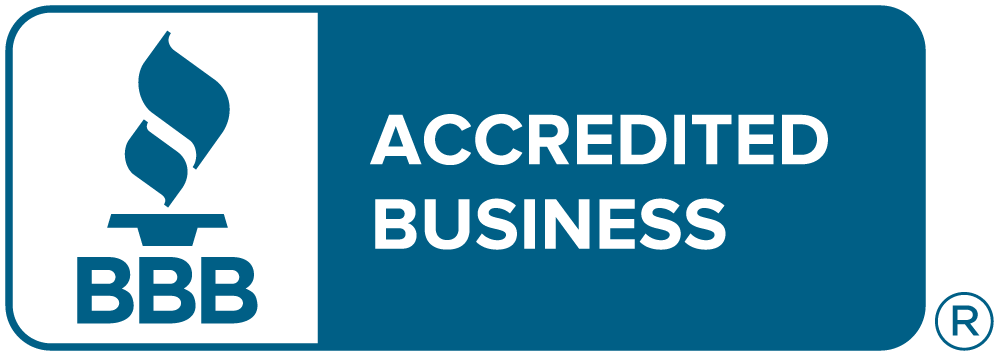TPO (Thermoplastic Polyolefin)
Single-ply membrane known for energy efficiency and UV resistance
Lightweight, easy to install, and cost-effective
Lifespan: 15–30 years
EPDM (Ethylene Propylene Diene Monomer)
Resistant to weather, ozone, and UV rays
Lifespan: 20–30 years
PVC (Polyvinyl Chloride)
Single-ply roofing with excellent chemical and fire resistance
Common on restaurants and buildings with grease/chemical exposure
Lifespan: 20–30 years
Modified Bitumen
Asphalt-based, multi-ply roofing system
Offers excellent durability and weather resistance
Lifespan: 15–25 years
Built-Up Roofing (BUR)
Multi-layer system made with tar and gravel
Time-tested durability, good for flat roofs
Lifespan: 20–30 years
Metal Roofing
Long-lasting, low maintenance, and highly durable
Often used on sloped commercial roofs or industrial buildings
Lifespan: 40–70 years
Spray Polyurethane Foam (SPF)
Applied as a liquid that expands into foam, creating a solid layer
Seamless, energy-efficient, and great for insulation
Lifespan: 20–30 years (with maintenance)





